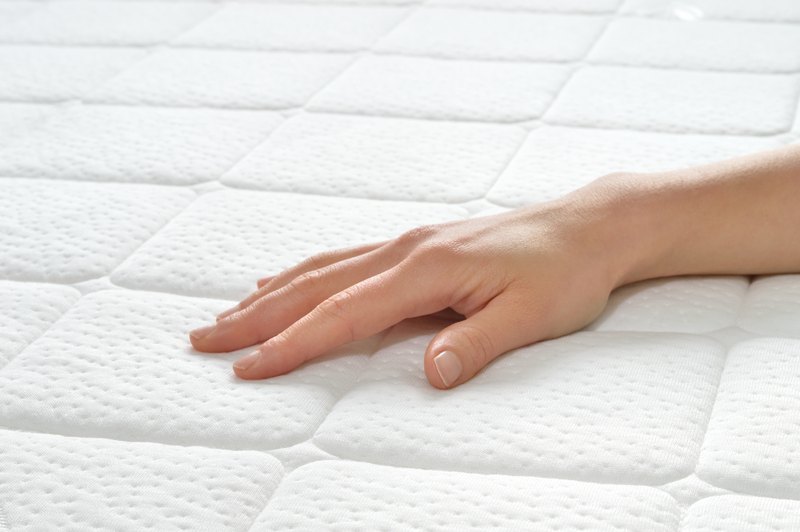Top Three Lemon Cleaning Methods
Posted on 09/10/2025
Lemons are not just for culinary delights; they are also powerful natural cleaners. The citric acid and antibacterial properties in lemons make them a go-to ingredient for an eco-friendly cleaning solution. This article covers three top lemon cleaning methods that are both effective and easy to implement. Let's dive in!
Lemon and Baking Soda Scrub
One of the most effective and popular ways to clean using lemons is combining them with baking soda. This mixture is perfect for scrubbing grime and grease.
Ingredients:
- 1 lemon
- 2 teaspoons of baking soda
Steps:
- Cut the lemon in half.
- Sprinkle baking soda on one half of the lemon.
- Use the lemon half to scrub the surface you are cleaning, paying special attention to stained or greasy areas.
- Rinse the surface with warm water and wipe with a clean cloth.
This method is perfect for cleaning kitchen countertops, sinks, and cutting boards.

Lemon and Vinegar Spray
Combining lemon juice with vinegar creates a powerful, natural disinfectant spray. This method is great for disinfecting surfaces.
Ingredients:
- 1 lemon
- 1 cup white vinegar
- 1 cup water
- Spray bottle
Steps:
- Juice the lemon and strain out any seeds or pulp.
- Mix the lemon juice, vinegar, and water in a spray bottle.
- Shake well before each use.
- Spray on surfaces and let it sit for a few minutes before wiping clean.
This mixture is highly effective for cleaning glass, countertops, and bathroom surfaces.
Lemon and Salt Scrub
For tougher stains and grime, combining lemon with salt can make a big difference. This method works exceptionally well for metallic surfaces and cookware.
Ingredients:
- 1 lemon
- 2 tablespoons coarse salt
Steps:
- Cut the lemon in half.
- Dip the cut side of the lemon into the salt.
- Use the lemon to scrub the surface.
- Rinse the surface with warm water and dry with a cloth.
This combination is ideal for cleaning pots, pans, and rusty surfaces.
Pros and Cons
Pros:
- Natural and non-toxic.
- Economical and cost-effective.
- Multi-purpose and versatile.
- Pleasant, fresh scent.
Cons:
- May require more elbow grease compared to commercial cleaners.
- Not suitable for all surfaces (e.g., natural stone).
- Lemons can be acidic and might cause slight damage if overused.
Tips for Lemon Cleaning
- Always test on a small, inconspicuous area first to ensure compatibility with the surface.
- Use fresh lemons for best results, as older lemons may lose potency.
- Dispose of lemon peels properly; they can also be composted.
- For stubborn stains, allow the lemon mixture to sit for a few minutes before scrubbing.

Key Takeaways
- Lemon and baking soda is an excellent scrub for greasy surfaces.
- Lemon and vinegar spray acts as a natural disinfectant.
- Lemon and salt combination is perfect for tough stains on metallic surfaces.
Conclusion
Lemons are incredible natural cleaners that can handle a variety of cleaning tasks around your home. From scrubbing grime with a baking soda and lemon mixture to disinfecting surfaces with a lemon and vinegar spray, these methods are not only effective but also eco-friendly. While they offer numerous benefits, it's essential to be mindful of the surfaces you clean and follow the provided tips for the best results.
By integrating these lemon cleaning methods into your routine, you'll enjoy a cleaner, fresher home while reducing the use of harsh chemicals.



